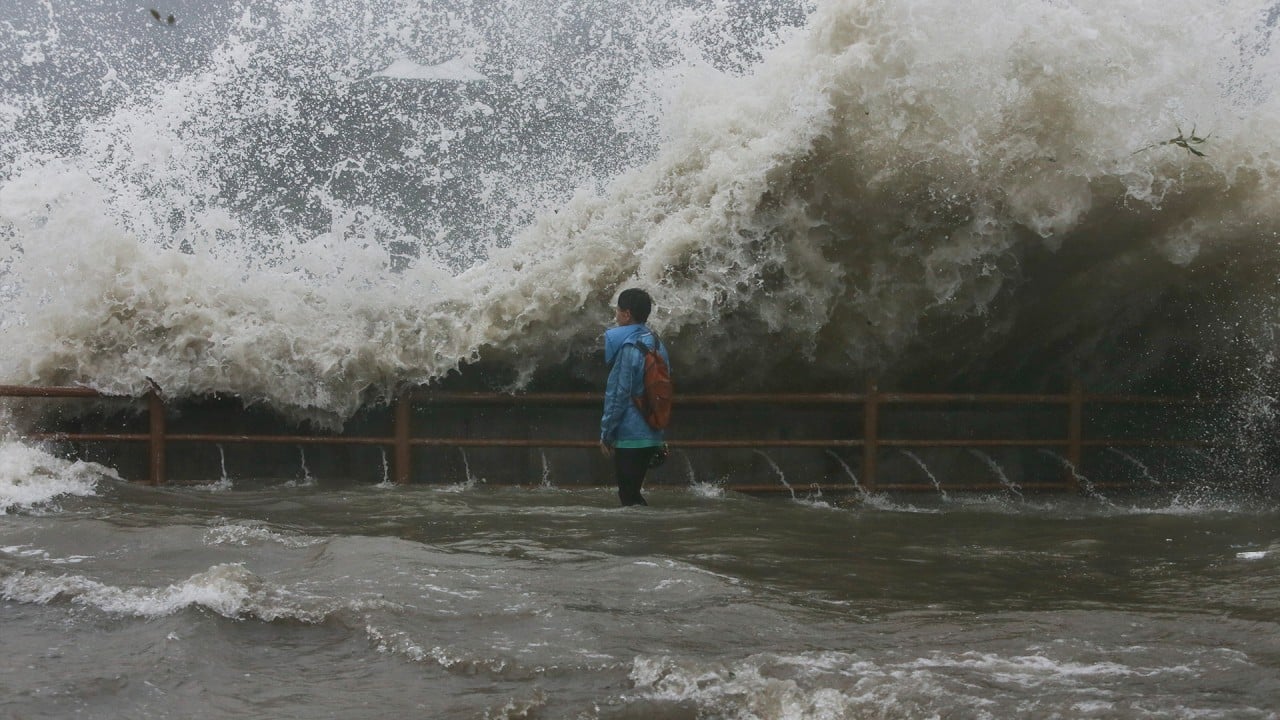
Hong Kong needs ESG talent, but what makes someone qualified?
- Companies in Hong Kong are urgently seeking employees who can help them meet their sustainability goals, but finding the right skill set is a challenge
- This talent gap is driving the development of new courses and qualifications that encompass training in both business and the environment
Who qualifies as a sustainability professional? This is a matter that has yet to be settled. Employers in Hong Kong are seeking to hire people with experience in measuring the sustainability of a company or investment from the perspective of its environmental, social and governance (ESG) performance.
The Securities and Futures Commission, which regulates the securities market, including the stock exchange, is also requiring similar disclosures of listed companies. The stock exchange has also been strengthening its ESG disclosure requirements.
The disclosure of social performance poses new challenges too. The social component of ESG boils down to relationships. It requires a company to address how it manages its relations with stakeholders: employees, suppliers, customers, shareholders and the communities in which it operates, often covering many jurisdictions.

Collecting data and measuring impact is the first step in the journey of a company to understanding what risks it is exposed to. For example, a company may face much higher energy prices if it doesn’t become energy efficient; it would be liable to high waste charges if it does not reduce its waste because new regulations are being implemented; or it could face higher extreme-weather risks if it does not invest in defensive and resilient infrastructures.
The authorities are keen to see a reduction in emissions from the corporate sector so that Hong Kong can meet its target, and a growing group of global investors are declaring they will prioritise investment in companies with such targets and timelines.
All this has contributed to the hiring spree within the corporate sector of talent with skills to help companies with what is often referred to as the climate and sustainability transition.
In 2015, the Hong Kong Institute of Qualified Environmental Professionals was created by dedicated people working on various aspects of the environment to define the qualifications needed to be an environmental professional.
The institute has created a new qualification with a syllabus that spans across the broad field of environmental knowledge. Candidates can be assessed through two levels of examination that include prerequisite relevant working experience. Those who pass are considered a qualified environmental professional.

The qualification is now quite widely accepted in Hong Kong and the institute is working with universities to align undergraduate environmental courses with its assessment so that graduates can be better equipped to pass the exam.
Climate, air, waste: 3 fronts on which Hong Kong must do better
HKUST started a groundbreaking – Hong Kong’s first – green finance undergraduate degree last year, in which students can gain a strong foundation in both environment and finance. This is the coming together of a broad range of knowledge covering environmental science, pollution control, economics, business and finance.
Christine Loh is chief development strategist at the Institute for the Environment, Hong Kong University of Science and Technology, and a visiting scholar at Anderson School of Management, UCLA


